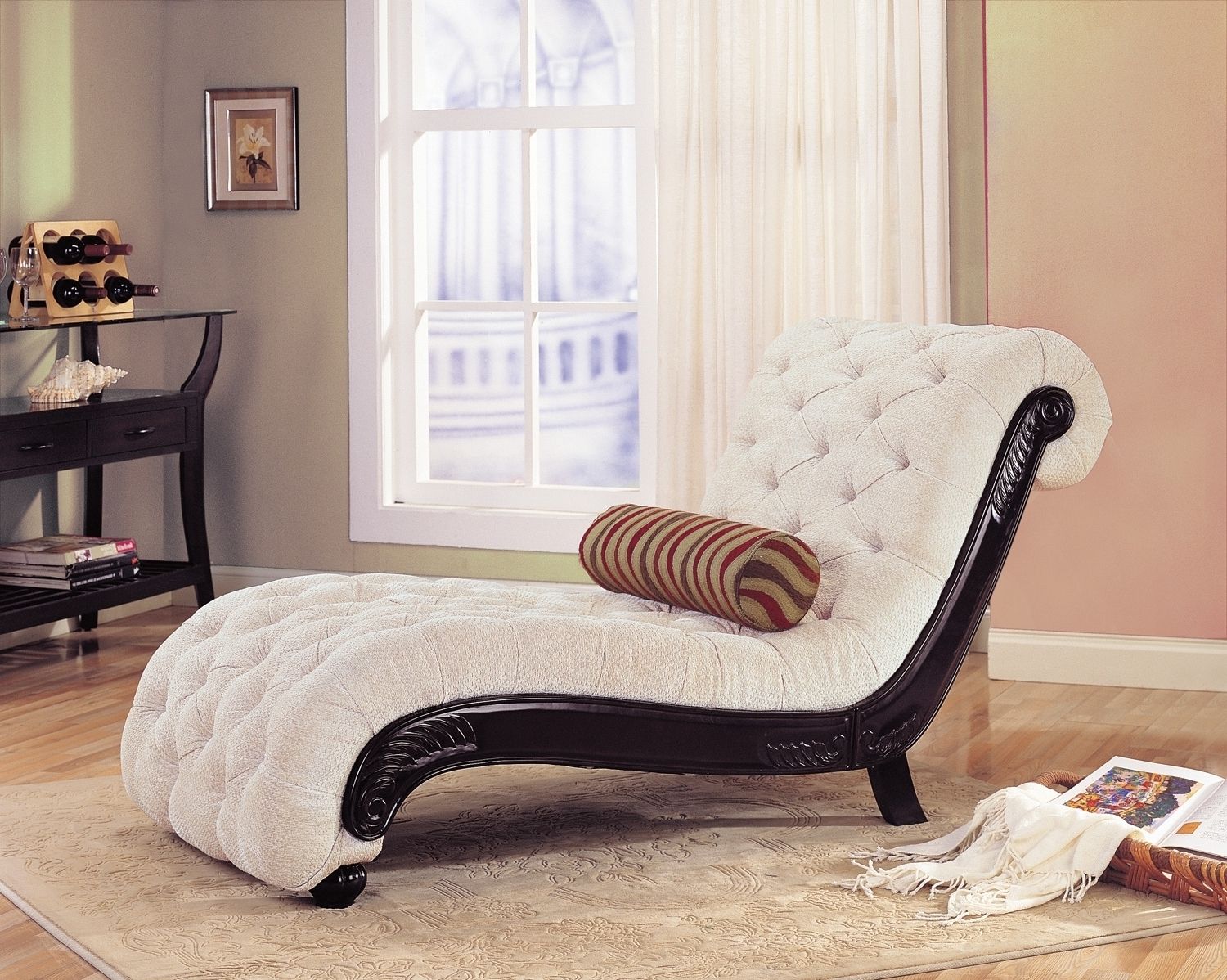Is there a musty, unpleasant odor in your living room that just won't go away? Chances are, you may have a mold problem. Mold growth can lead to a distinct and pungent smell that can be hard to get rid of. Not only is this smell unpleasant, but it can also be a sign of potential health hazards in your home. In this article, we will explore the top 10 causes of mold smell in living rooms and provide effective solutions to help you get rid of it for good. Mold Smell in Living Room: Causes and Solutions
The first step in dealing with mold smell in your living room is to identify and eliminate the source of the problem. This could be due to a variety of factors, such as excess moisture, poor ventilation, or even a previous water leak. Once you have addressed the cause of the mold, it's time to tackle the smell itself. One effective solution is to use an air purifier to remove any lingering mold spores in the air. Additionally, you can try using natural deodorizers, such as vinegar or baking soda, to absorb any unpleasant odors. How to Get Rid of Mold Smell in Your Living Room
If you're dealing with a persistent mold smell in your living room, there are a few tips you can try to effectively remove it. Firstly, make sure to properly ventilate the room by opening windows and using fans to circulate fresh air. You can also use essential oils, such as tea tree or eucalyptus, which have anti-fungal properties that can help eliminate mold smell. Additionally, regularly cleaning and disinfecting your living room can prevent mold growth and keep the smell at bay. Tips for Removing Mold Smell from Your Living Room
Mold smell in your living room should not be ignored, as it can indicate a larger mold problem in your home. Exposure to mold can cause a range of health issues, including respiratory problems, allergic reactions, and even neurological issues. If you or your family members experience symptoms such as coughing, sneezing, or headaches, it's important to address the mold smell as soon as possible to prevent any further health risks. The Dangers of Mold Smell in Your Living Room
For those who prefer a more natural approach, there are several DIY remedies you can try to get rid of mold smell in your living room. One effective method is to mix one part vinegar with one part water in a spray bottle and use it to clean and disinfect any affected areas. You can also make a paste using baking soda and water and apply it to moldy surfaces, then scrub and rinse off with water. These natural remedies not only eliminate mold smell, but also prevent future mold growth. DIY Remedies for Mold Smell in Your Living Room
If the mold smell in your living room is persistent and difficult to get rid of, it may be time to call in the professionals. A mold removal specialist can assess the extent of the mold problem and provide effective solutions to eliminate it. They have the necessary tools and expertise to safely remove mold and prevent it from coming back. While it may be a more expensive option, it can save you time and effort in the long run and ensure that your living room is free from any mold smell. Professional Mold Removal for Living Rooms
The best way to deal with mold smell in your living room is to prevent it from happening in the first place. Regularly cleaning and disinfecting your living room, especially in areas prone to moisture, can help prevent mold growth. Keep an eye out for any leaks or water damage and address them immediately to prevent mold from forming. Additionally, make sure to properly ventilate your living room to prevent excess moisture from building up. Preventing Mold Smell in Your Living Room
Aside from the musty smell, there are other signs that may indicate the presence of mold in your living room. These include visible black or green spots on walls, ceilings, or furniture, as well as peeling wallpaper or paint. If you notice any of these signs, it's important to take action immediately to prevent further mold growth and potential health hazards. Signs of Mold in Your Living Room
Exposure to mold smell can have serious health consequences, especially for those with respiratory issues or weakened immune systems. Prolonged exposure to mold can lead to respiratory infections, allergic reactions, and even neurological problems. It's important to address any mold smell in your living room to ensure the health and safety of your family. Health Risks of Living with Mold Smell
To effectively clean and deodorize your living room and get rid of mold smell, follow these steps: How to Clean and Deodorize Your Living Room to Get Rid of Mold Smell
The Dangers of Mold in Your Living Room
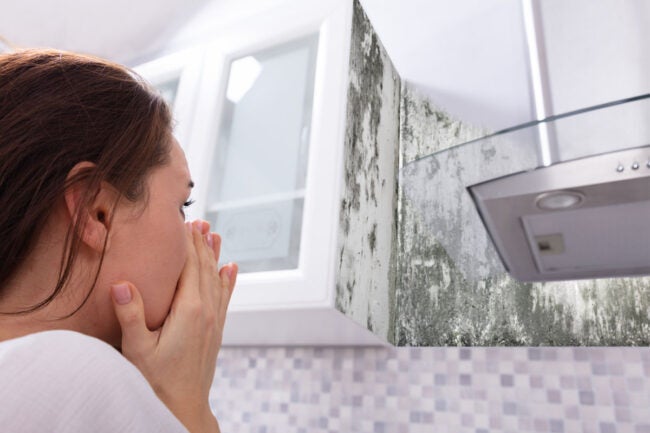
Understanding the Cause of That Musty Smell
:max_bytes(150000):strip_icc()/MoldInsideWalls-d40fdee134fd46cf9e9090bb3576e5c6.jpg) When you think of the perfect living room, you probably envision a cozy and inviting space where you can relax and spend time with your loved ones. However, if you notice a lingering mold smell in your living room, it can quickly turn into a nightmare. Not only does it ruin the ambiance of your home, but it can also have serious health consequences.
Mold is a type of fungus that thrives in warm, damp environments. Unfortunately, your living room may provide the perfect breeding ground for mold if it has poor ventilation or has been exposed to water damage. The musty smell is often the first sign of mold growth, and if left unchecked, it can spread quickly and cause serious damage to your home.
The Dangers of Mold Exposure
Aside from the unpleasant smell, mold can also pose a significant health risk to you and your family. Exposure to mold can cause allergic reactions, respiratory problems, and even neurological issues. This is especially dangerous for those with existing respiratory conditions, such as asthma. Furthermore, certain types of mold, such as black mold, can produce mycotoxins that can lead to more severe health problems.
Identifying and Eliminating the Source
To get rid of the mold smell in your living room, you must first identify and eliminate the source of the problem. Check for any signs of water damage, such as leaks or moisture buildup. If you find any, be sure to address them immediately to prevent further mold growth. Additionally, check for any areas with poor ventilation, such as behind furniture or in closets, and consider investing in a dehumidifier to reduce moisture levels in the air.
Once you have addressed the source of the mold, it is crucial to clean and remove any existing mold. This can be done with a mixture of water and vinegar or with specialized mold cleaning products. Be sure to wear protective gear, such as gloves and a mask, while cleaning to avoid inhaling any mold spores.
When you think of the perfect living room, you probably envision a cozy and inviting space where you can relax and spend time with your loved ones. However, if you notice a lingering mold smell in your living room, it can quickly turn into a nightmare. Not only does it ruin the ambiance of your home, but it can also have serious health consequences.
Mold is a type of fungus that thrives in warm, damp environments. Unfortunately, your living room may provide the perfect breeding ground for mold if it has poor ventilation or has been exposed to water damage. The musty smell is often the first sign of mold growth, and if left unchecked, it can spread quickly and cause serious damage to your home.
The Dangers of Mold Exposure
Aside from the unpleasant smell, mold can also pose a significant health risk to you and your family. Exposure to mold can cause allergic reactions, respiratory problems, and even neurological issues. This is especially dangerous for those with existing respiratory conditions, such as asthma. Furthermore, certain types of mold, such as black mold, can produce mycotoxins that can lead to more severe health problems.
Identifying and Eliminating the Source
To get rid of the mold smell in your living room, you must first identify and eliminate the source of the problem. Check for any signs of water damage, such as leaks or moisture buildup. If you find any, be sure to address them immediately to prevent further mold growth. Additionally, check for any areas with poor ventilation, such as behind furniture or in closets, and consider investing in a dehumidifier to reduce moisture levels in the air.
Once you have addressed the source of the mold, it is crucial to clean and remove any existing mold. This can be done with a mixture of water and vinegar or with specialized mold cleaning products. Be sure to wear protective gear, such as gloves and a mask, while cleaning to avoid inhaling any mold spores.
Preventative Measures for a Mold-Free Living Room
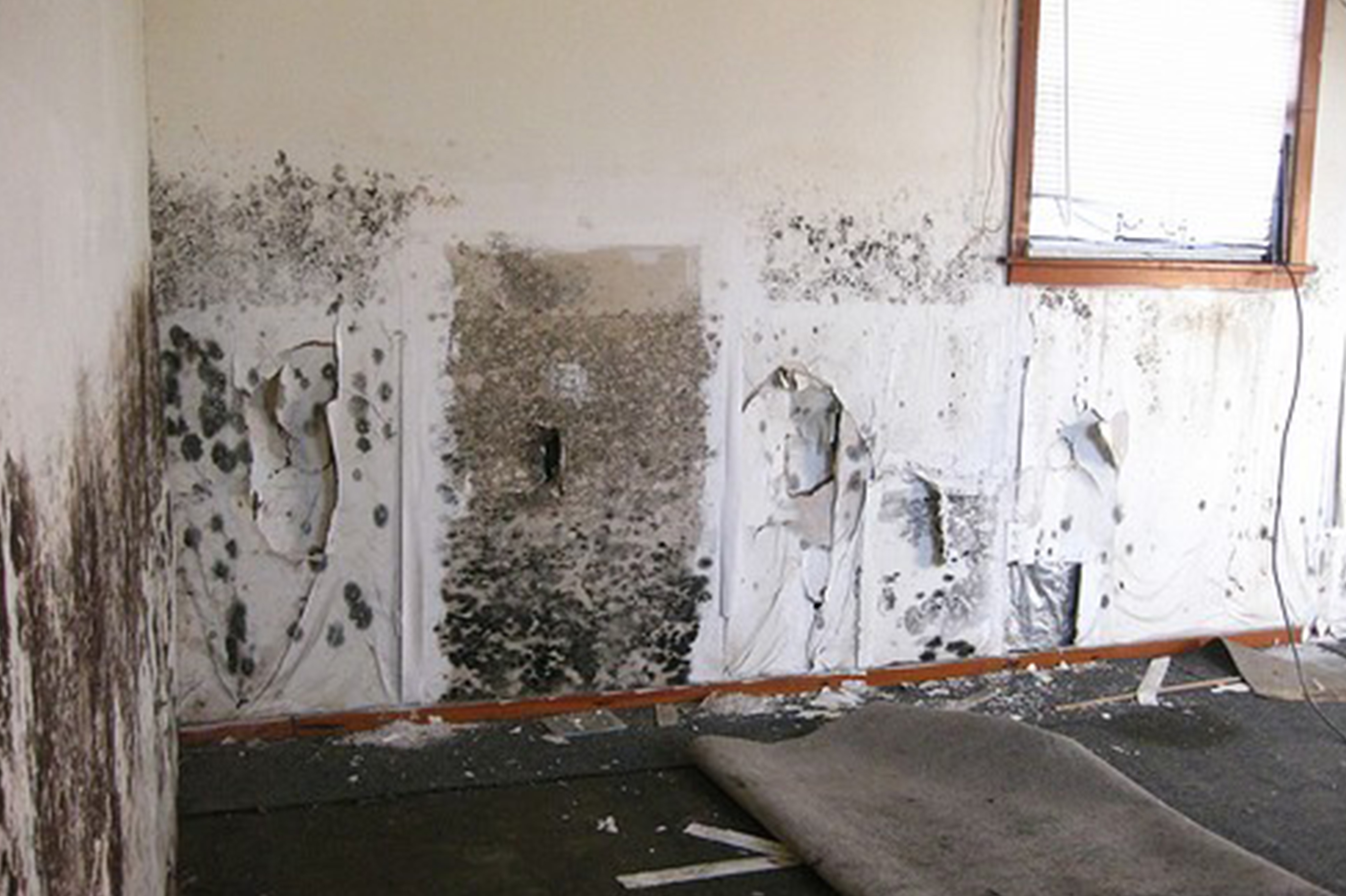 To prevent the mold smell from returning in your living room, there are a few preventative measures you can take. Regularly clean and dust your living room, as mold can thrive on dust particles. Keep windows and doors open to encourage air circulation and reduce moisture levels. In addition, regularly check for any signs of water damage and address them promptly.
In conclusion, a mold smell in your living room is not only unpleasant but can also have serious health consequences. By understanding the causes and taking preventative measures, you can ensure that your living room remains a mold-free and inviting space for you and your family. Don't let mold ruin the comfort of your home - take action and eliminate the source of the problem today.
To prevent the mold smell from returning in your living room, there are a few preventative measures you can take. Regularly clean and dust your living room, as mold can thrive on dust particles. Keep windows and doors open to encourage air circulation and reduce moisture levels. In addition, regularly check for any signs of water damage and address them promptly.
In conclusion, a mold smell in your living room is not only unpleasant but can also have serious health consequences. By understanding the causes and taking preventative measures, you can ensure that your living room remains a mold-free and inviting space for you and your family. Don't let mold ruin the comfort of your home - take action and eliminate the source of the problem today.
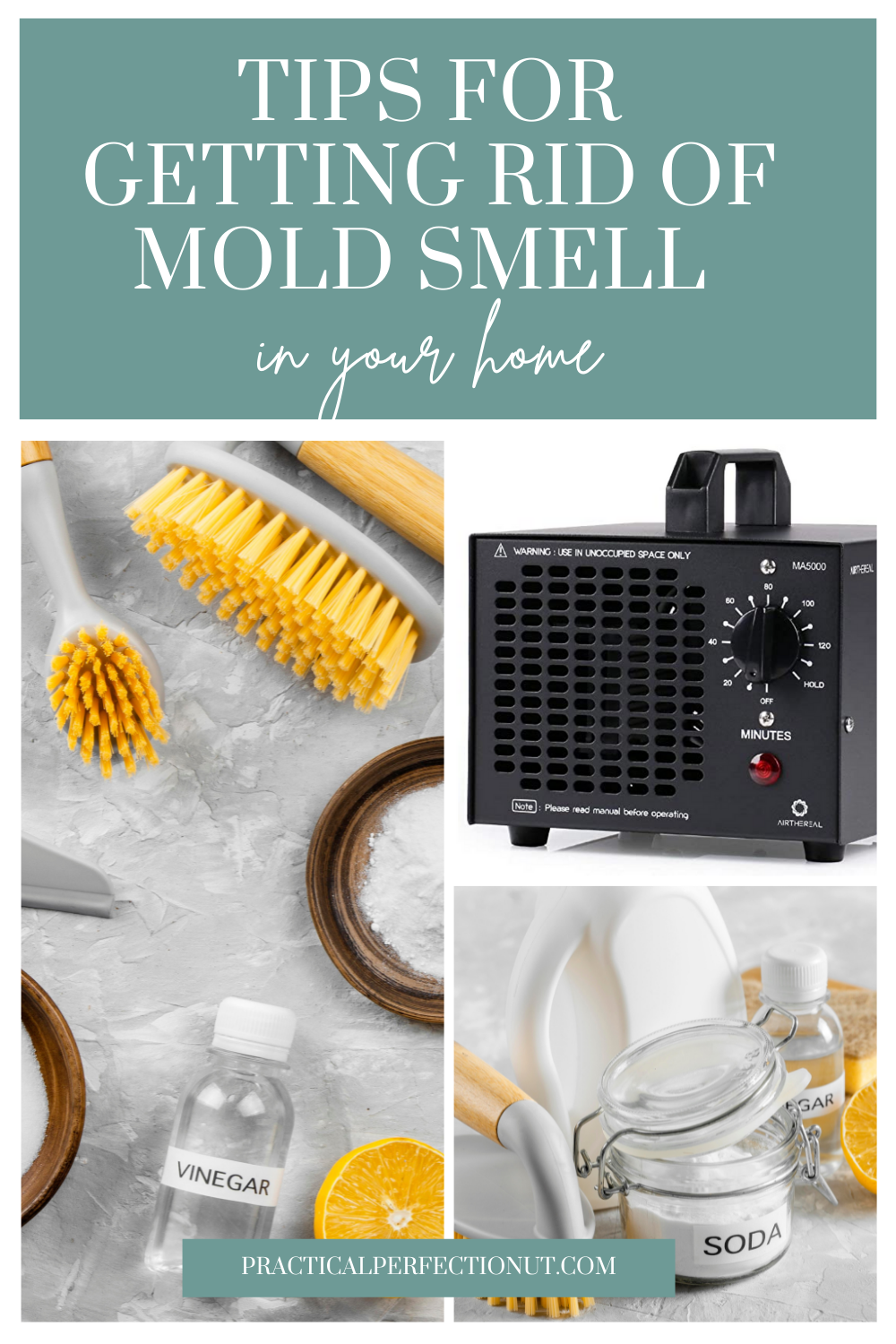








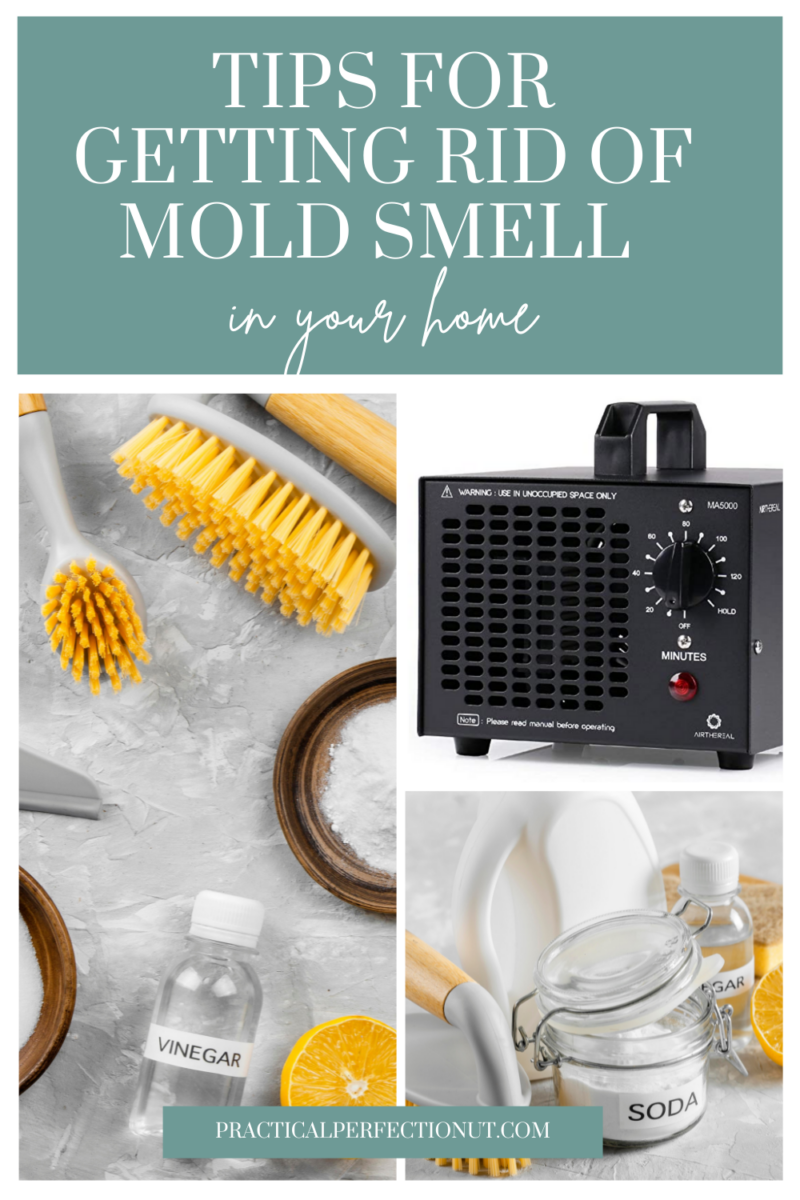




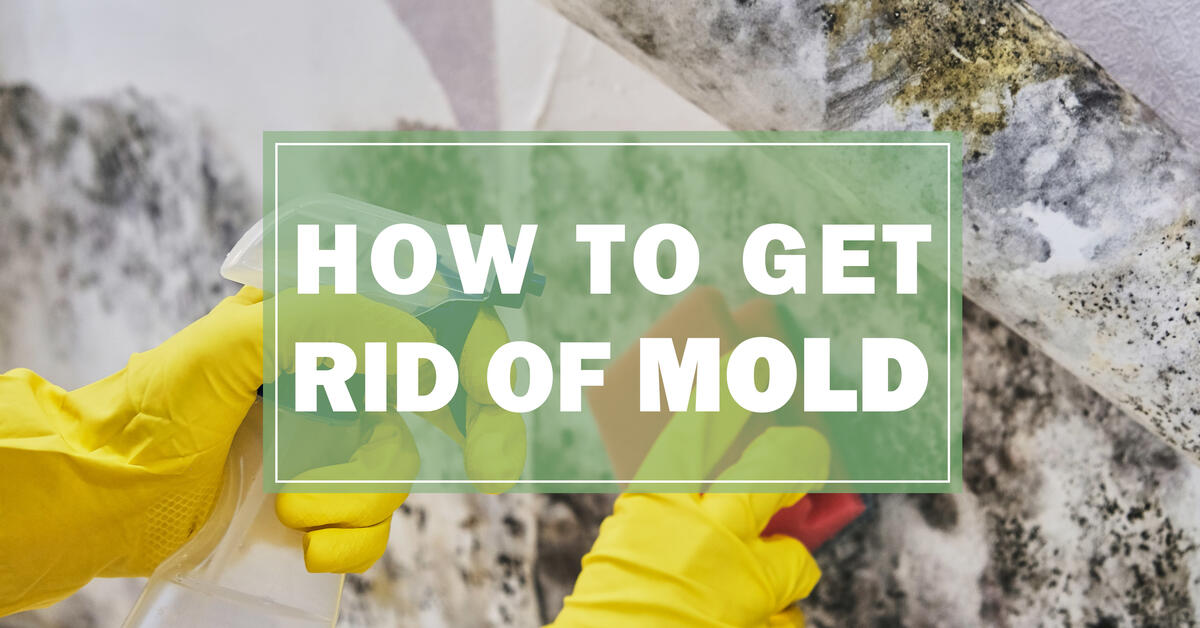

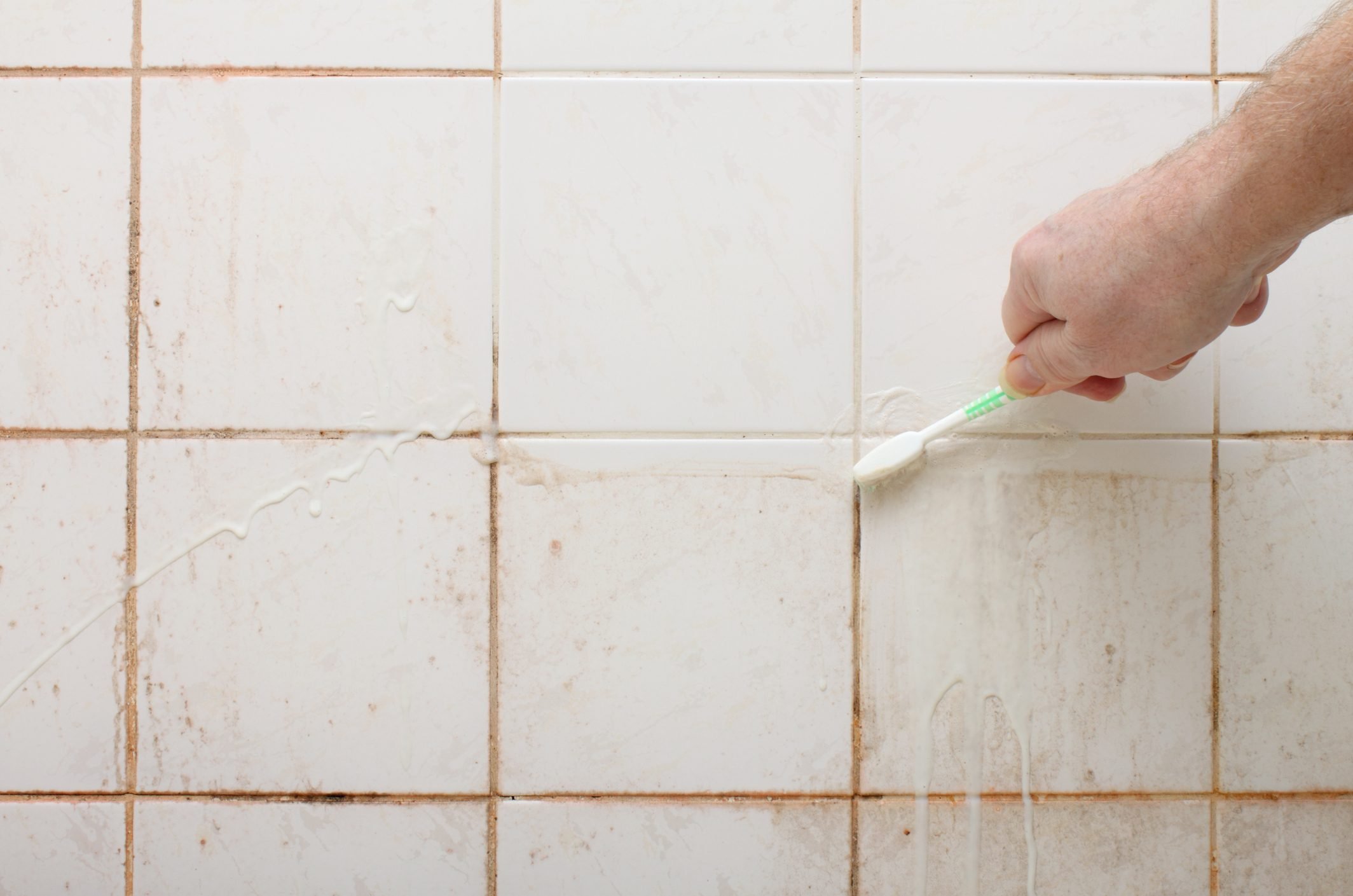







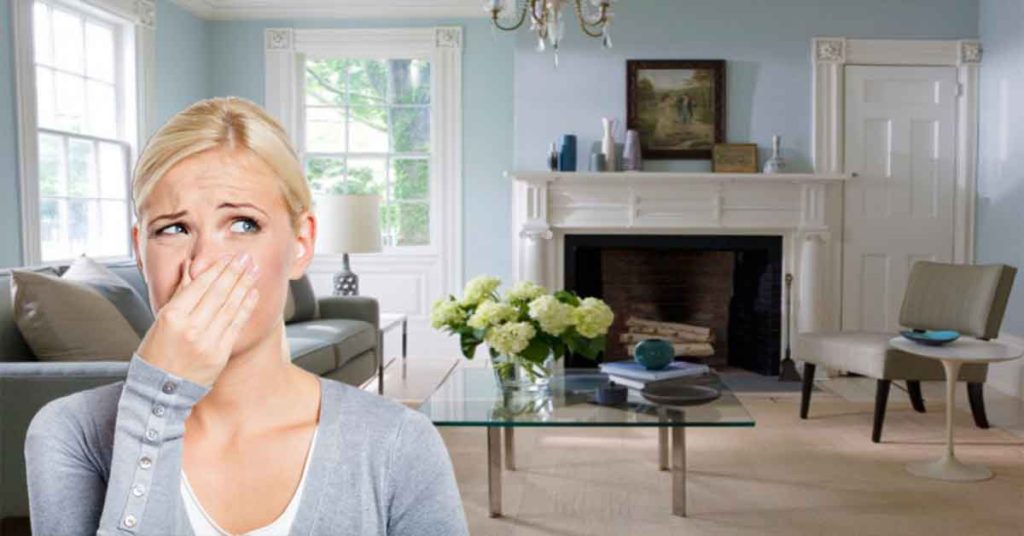

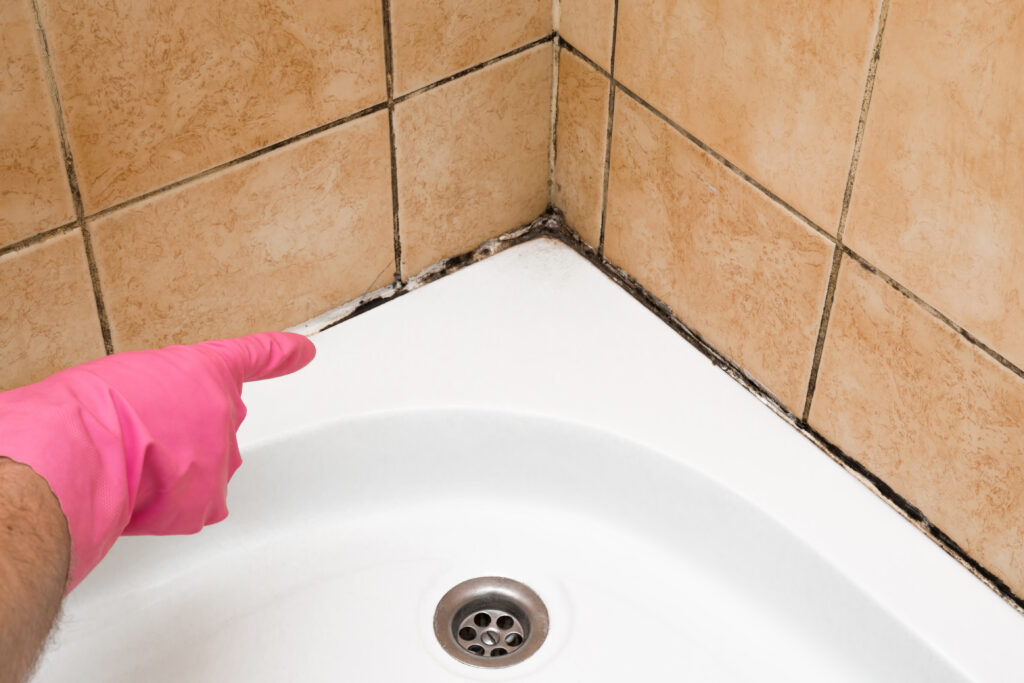

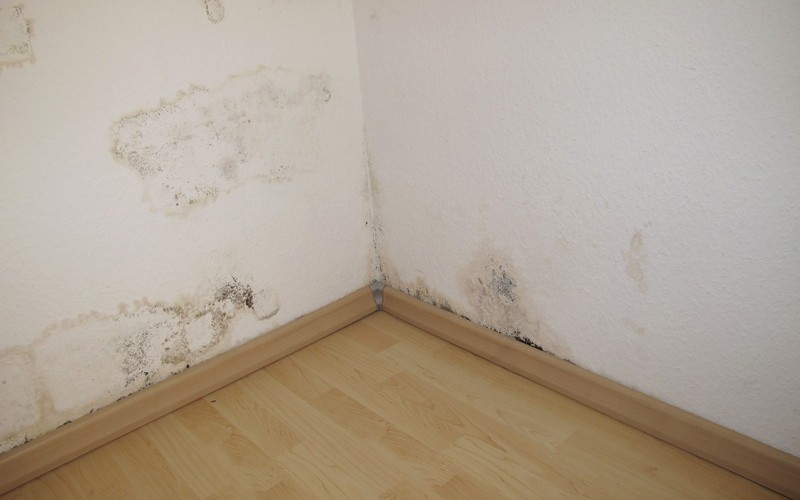
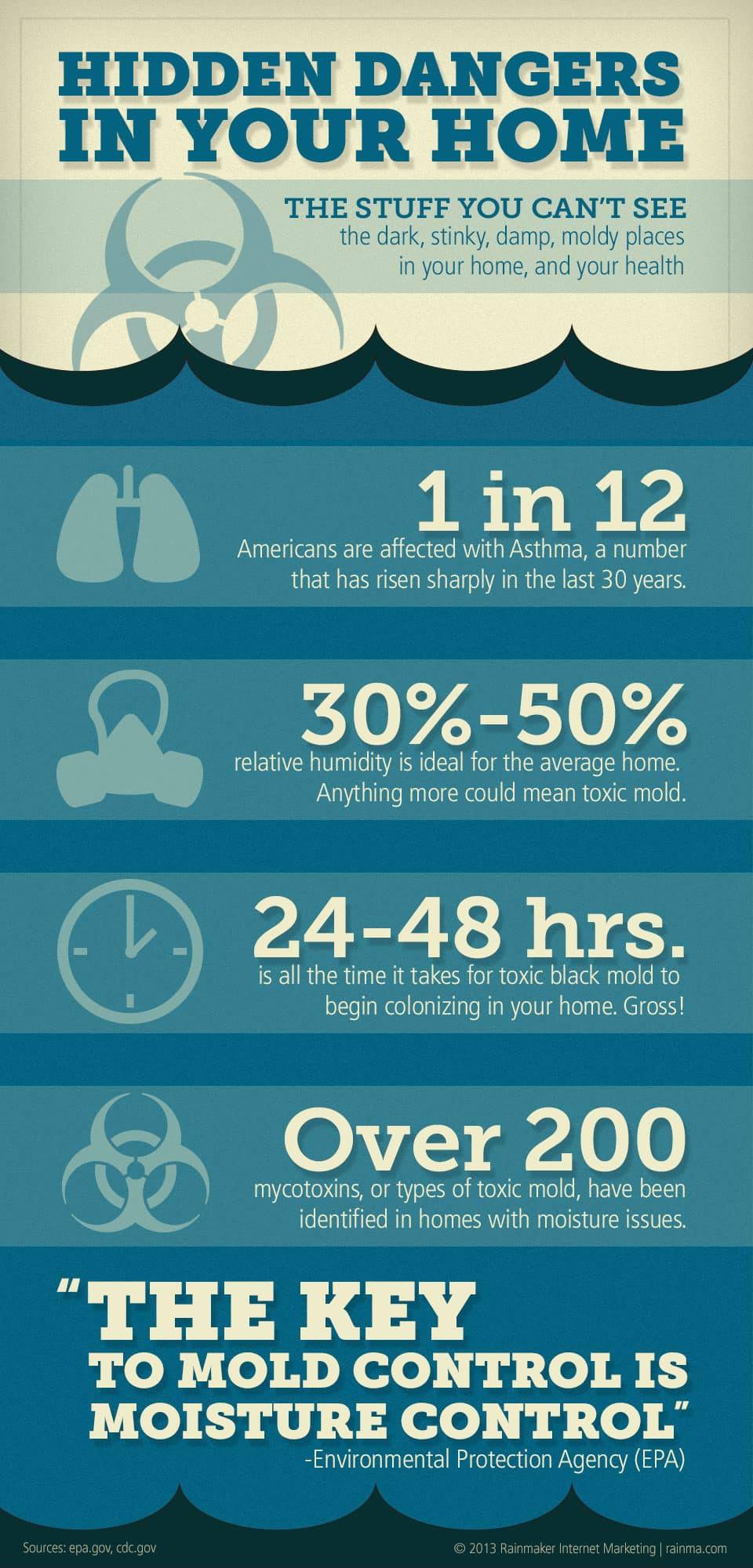
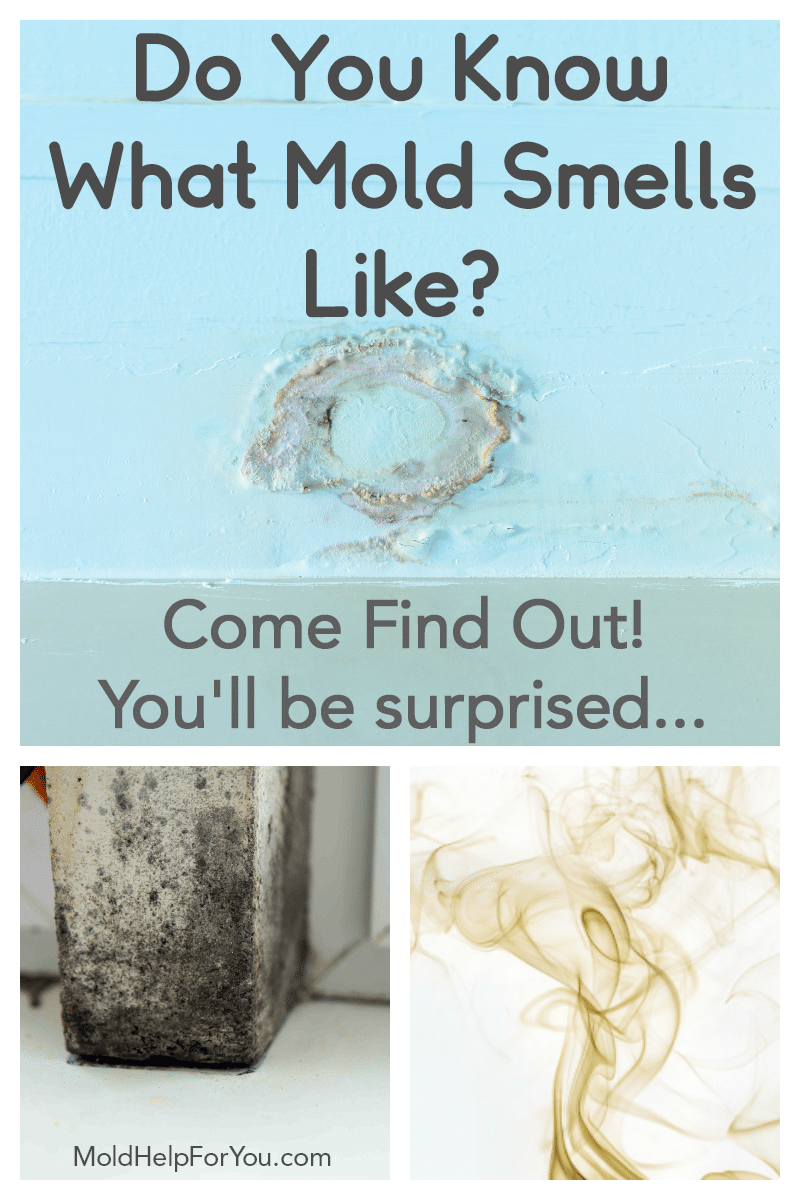

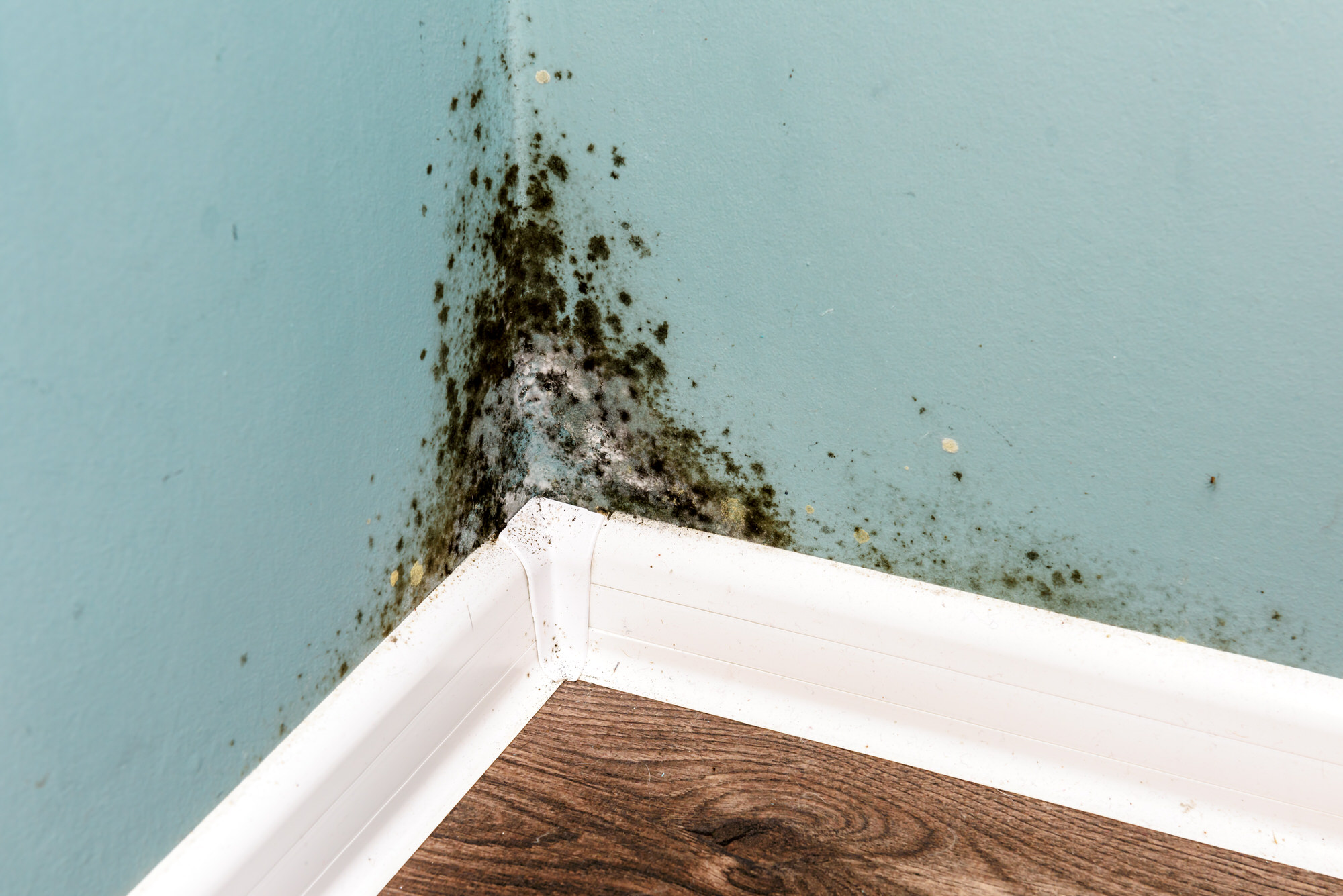
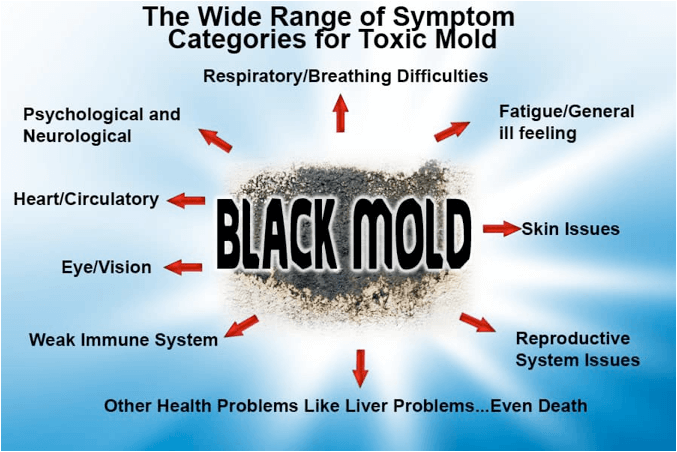
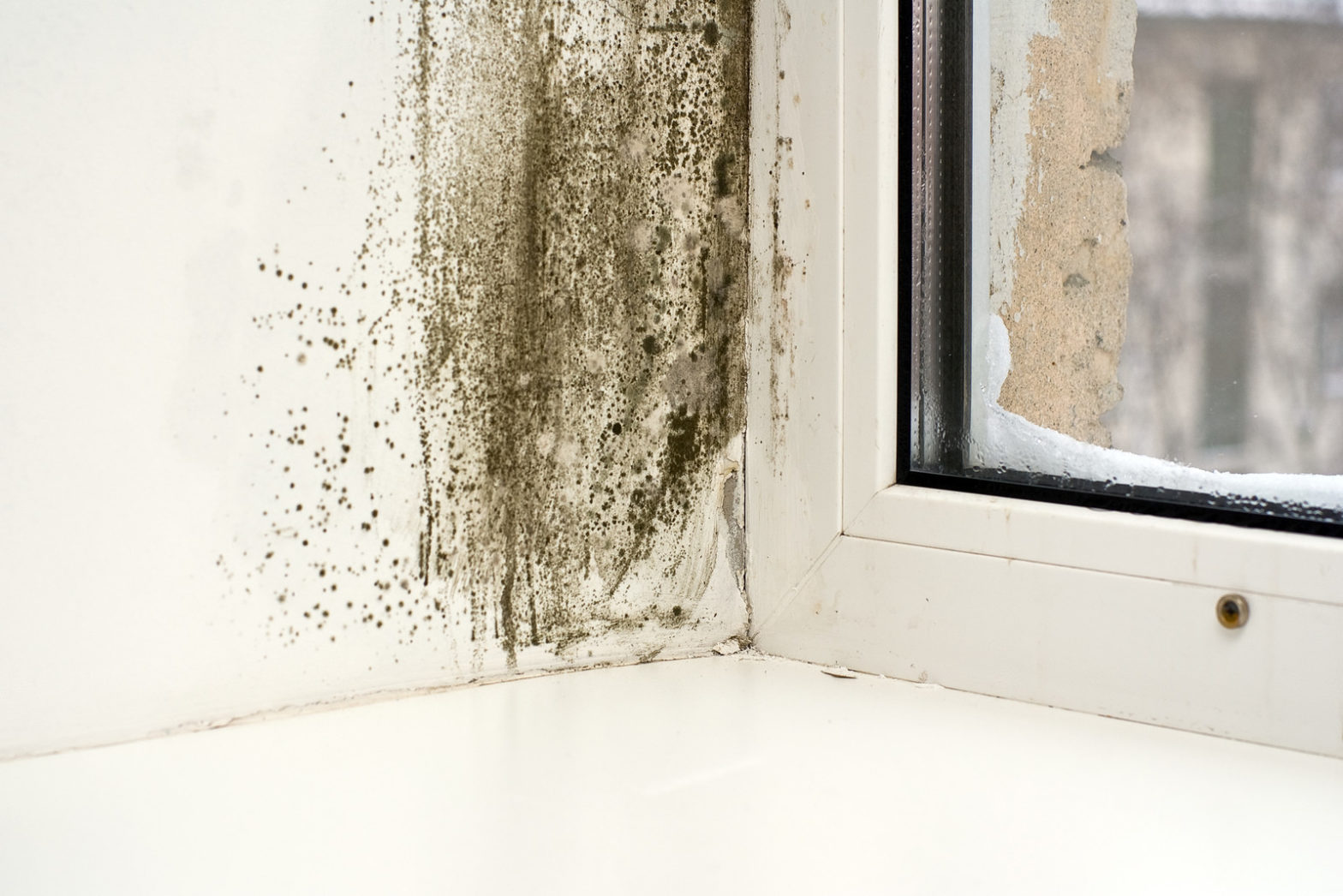




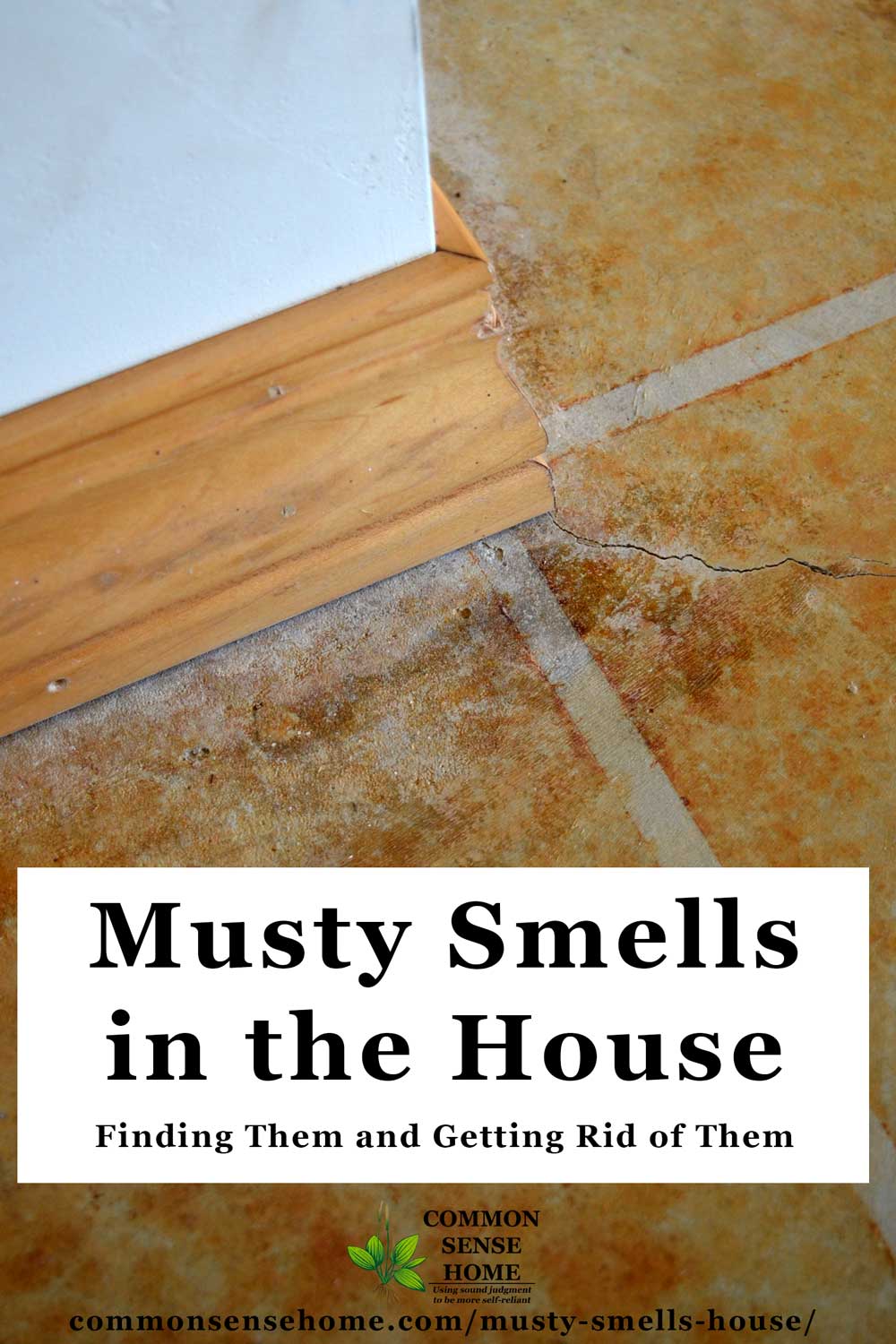


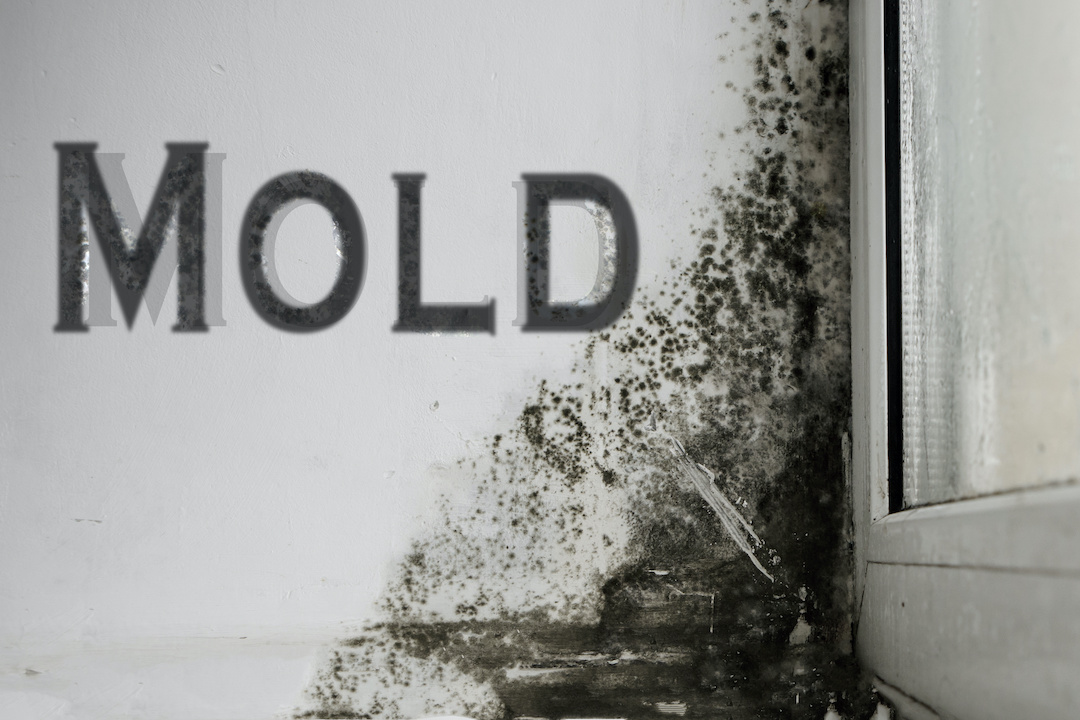
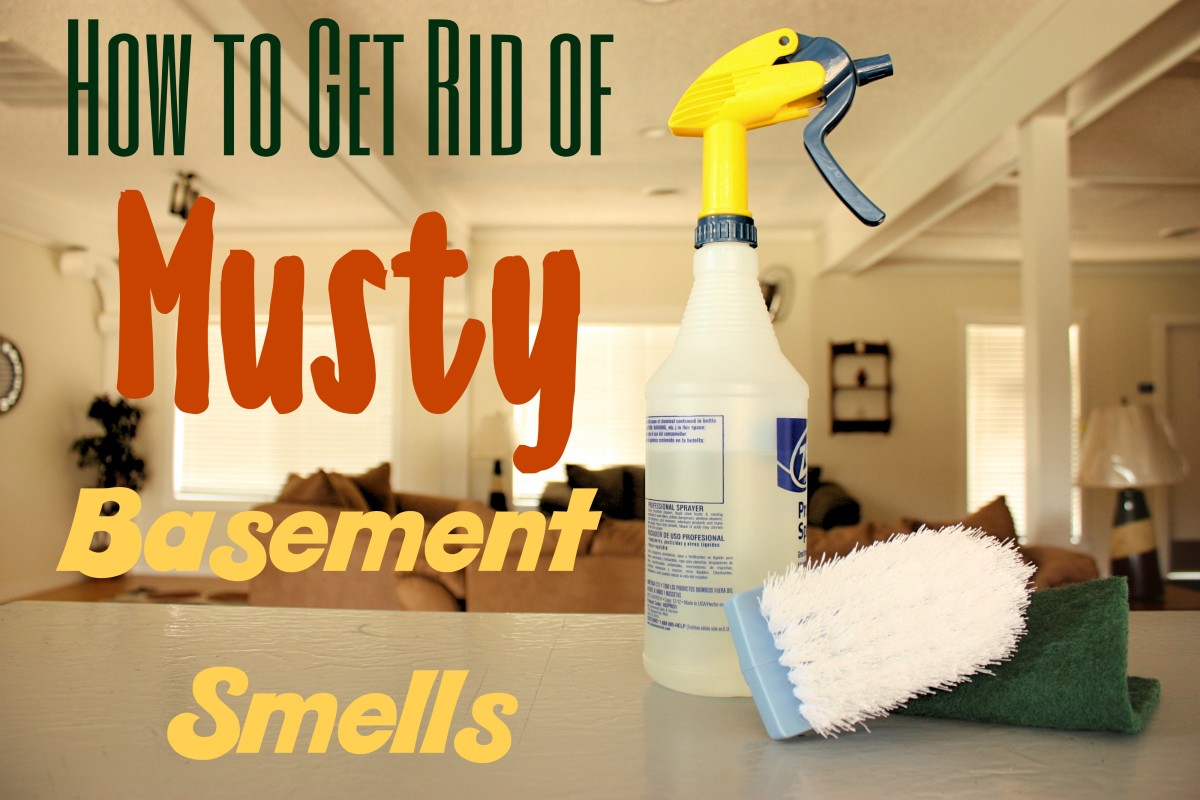
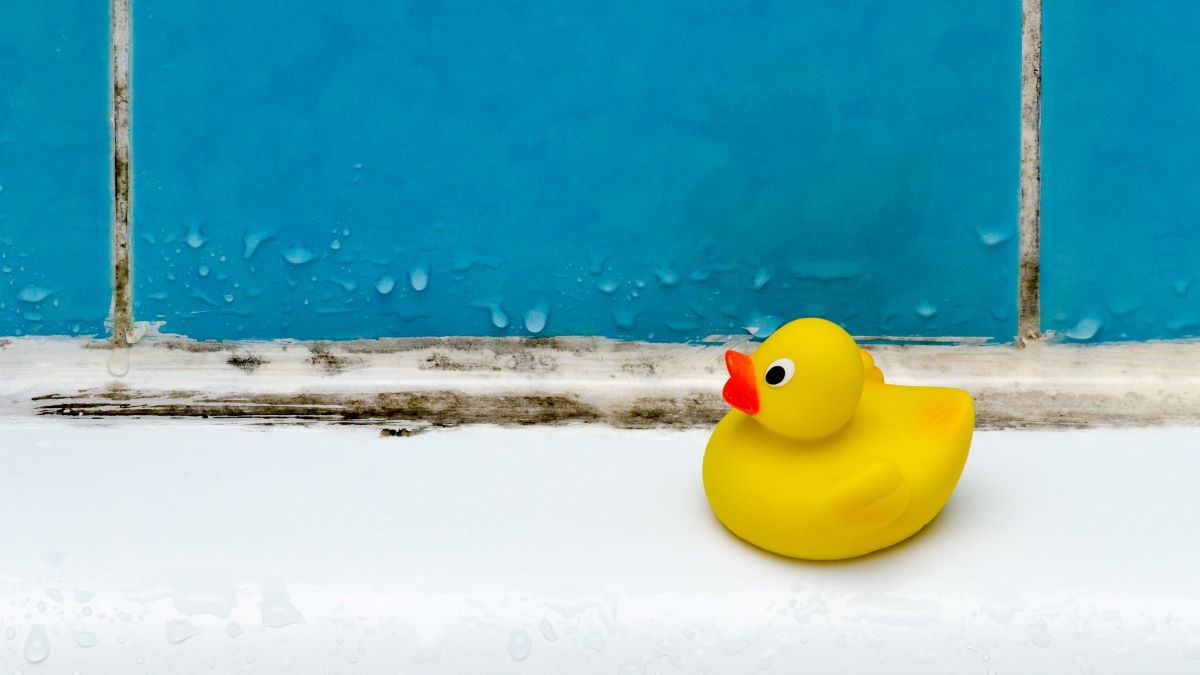




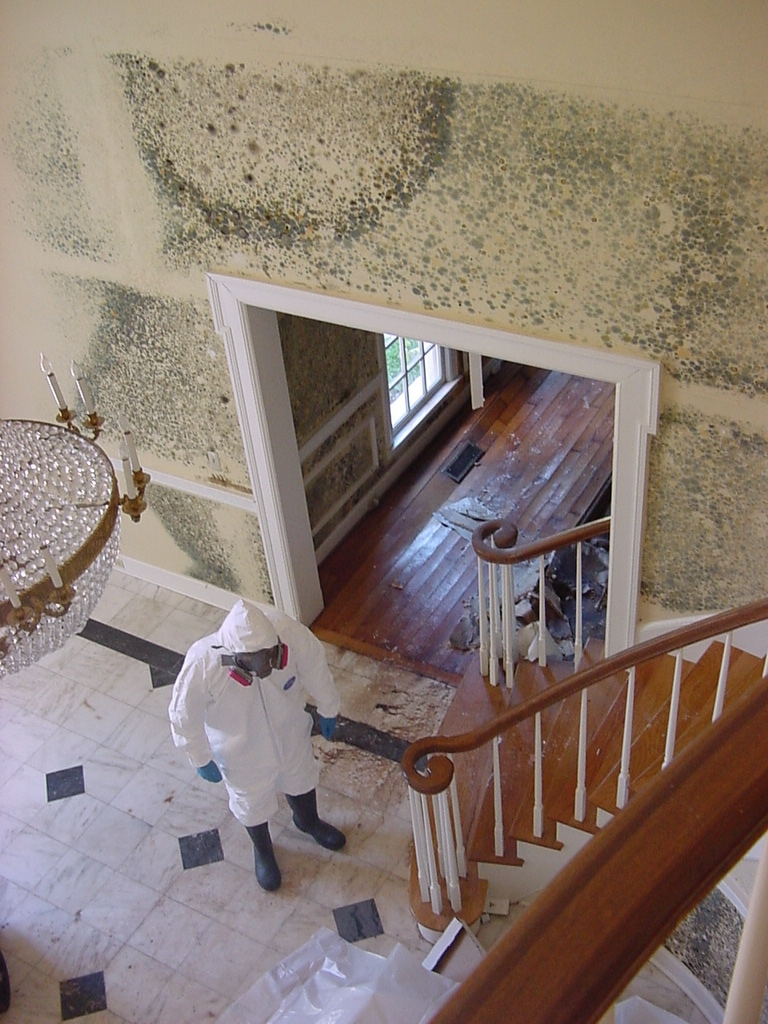
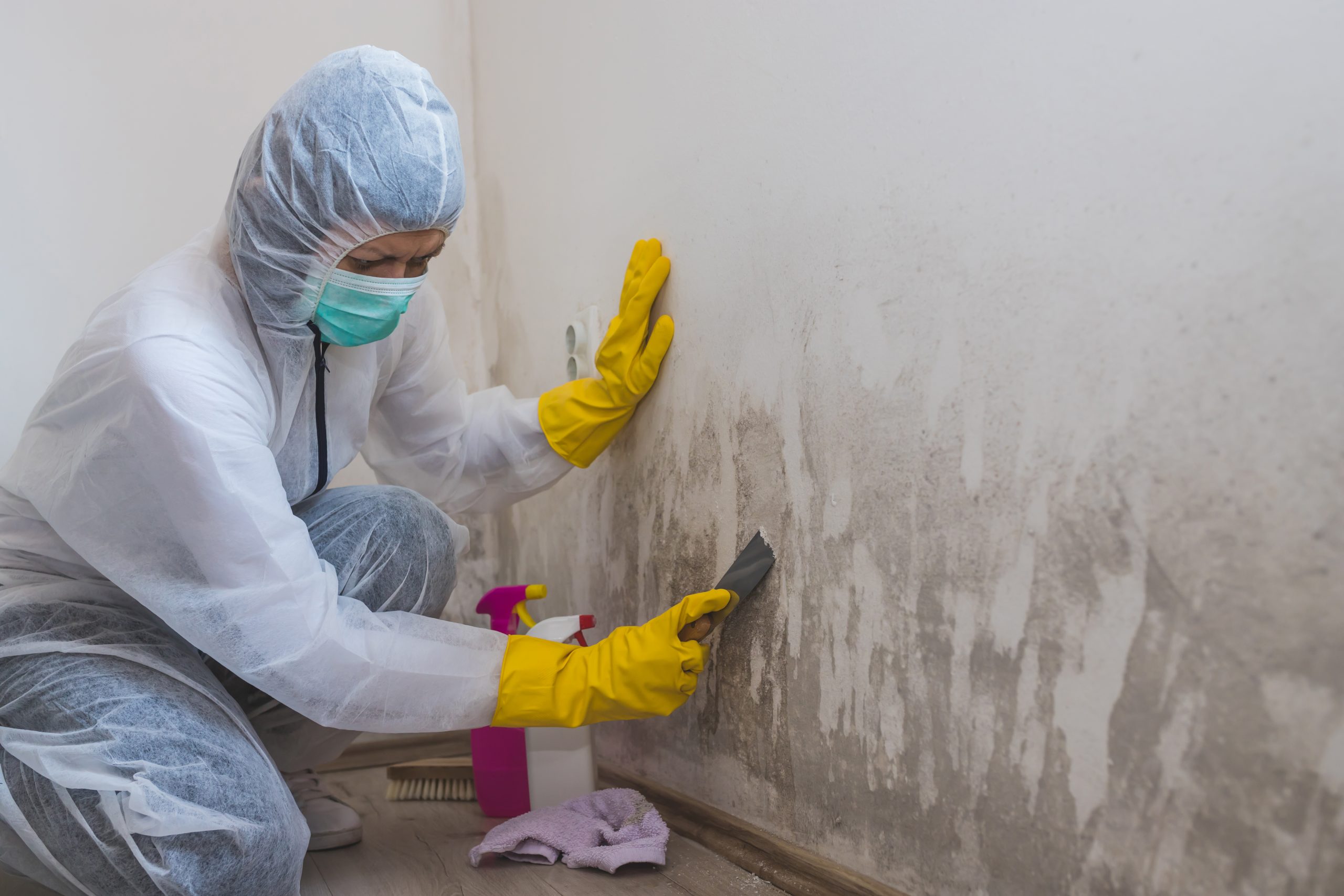




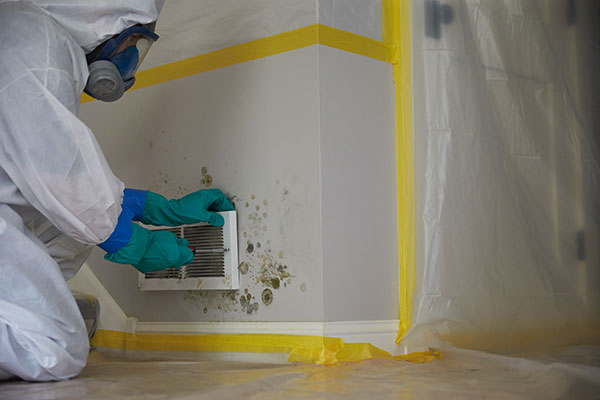
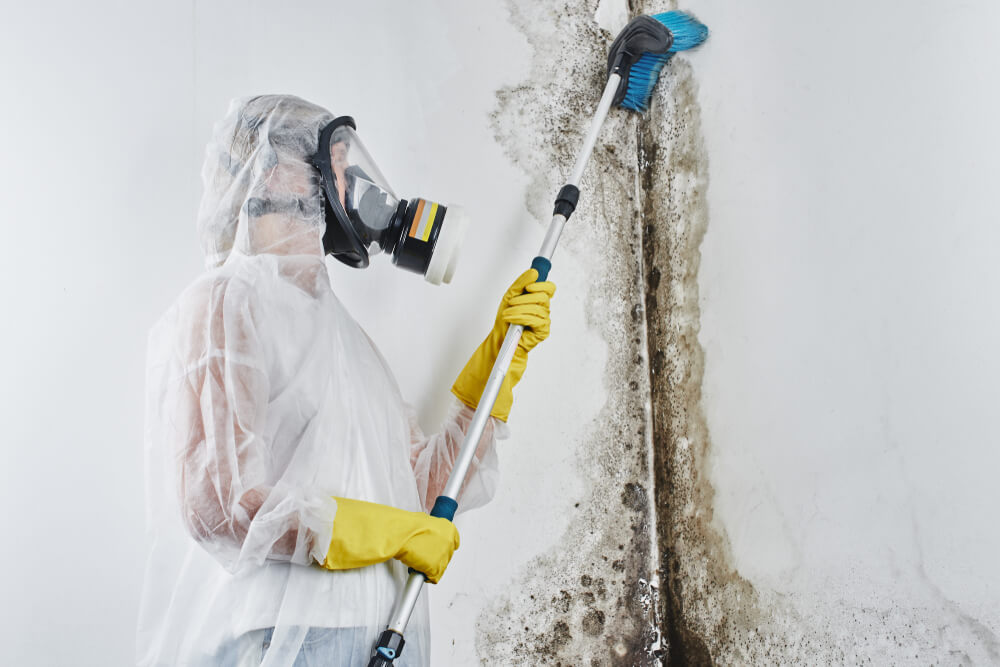




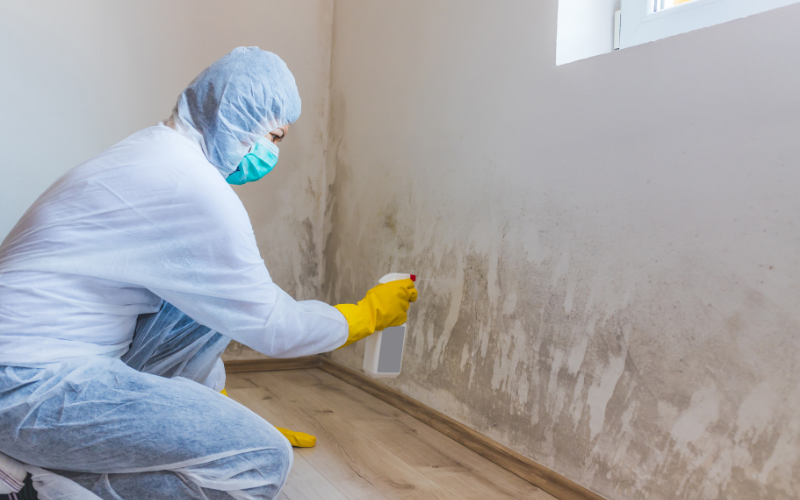



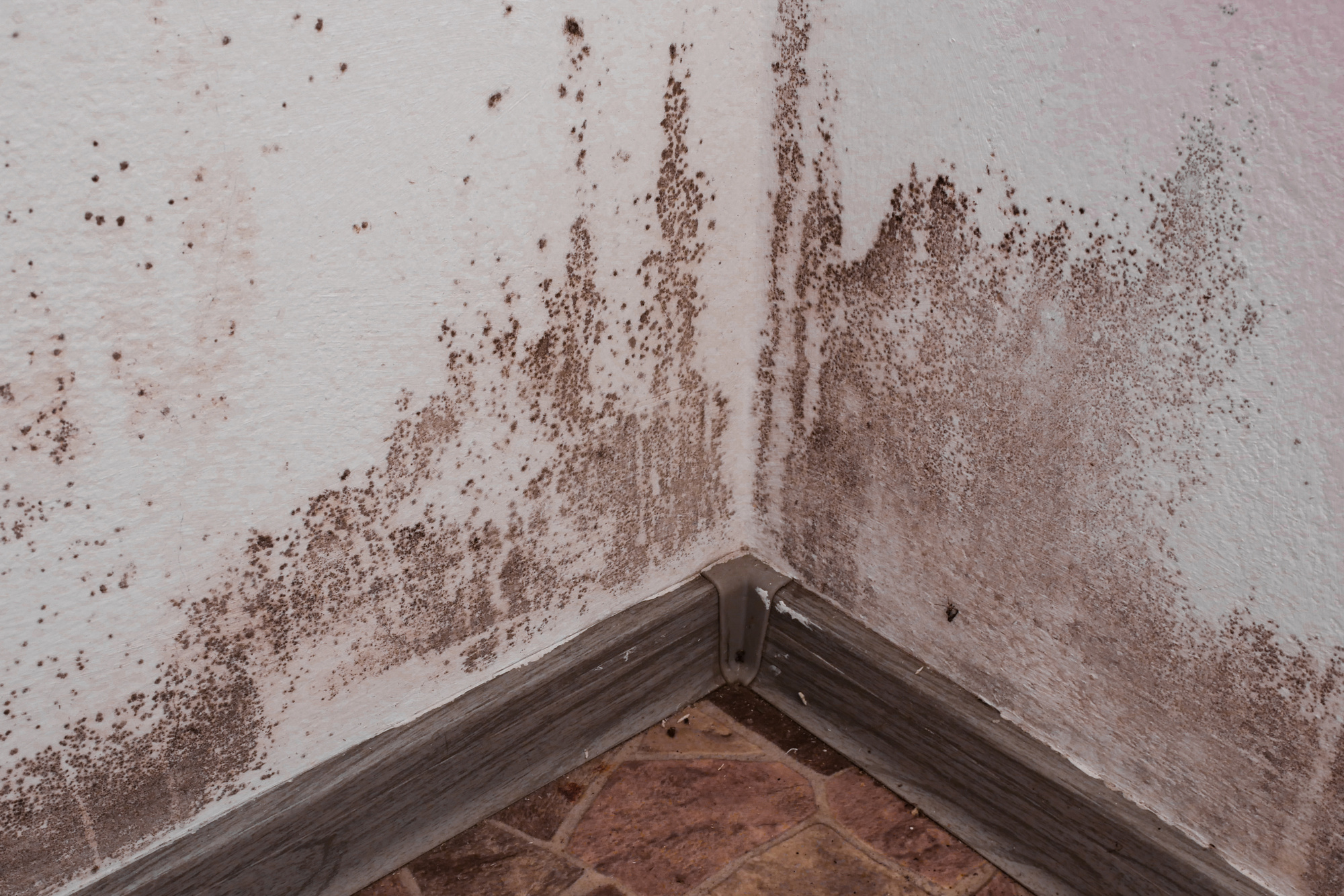
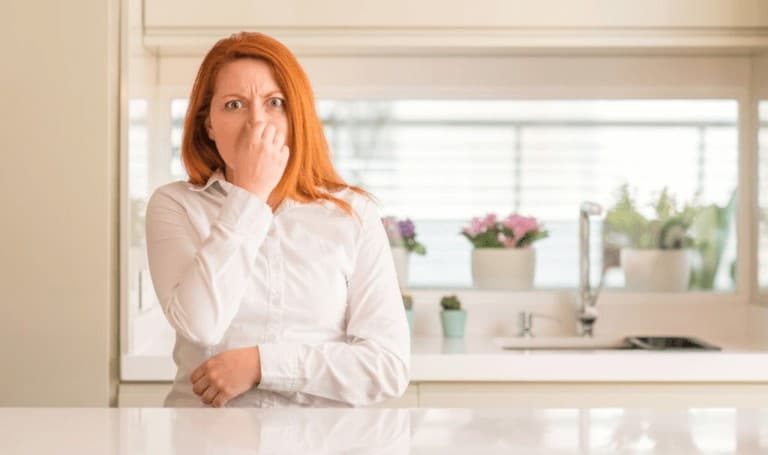



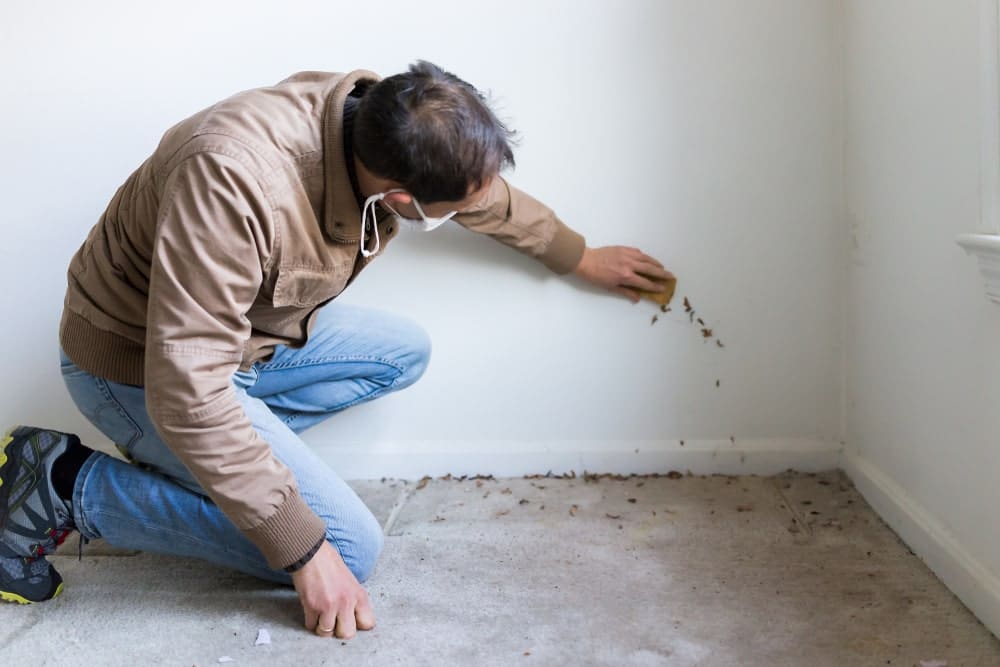
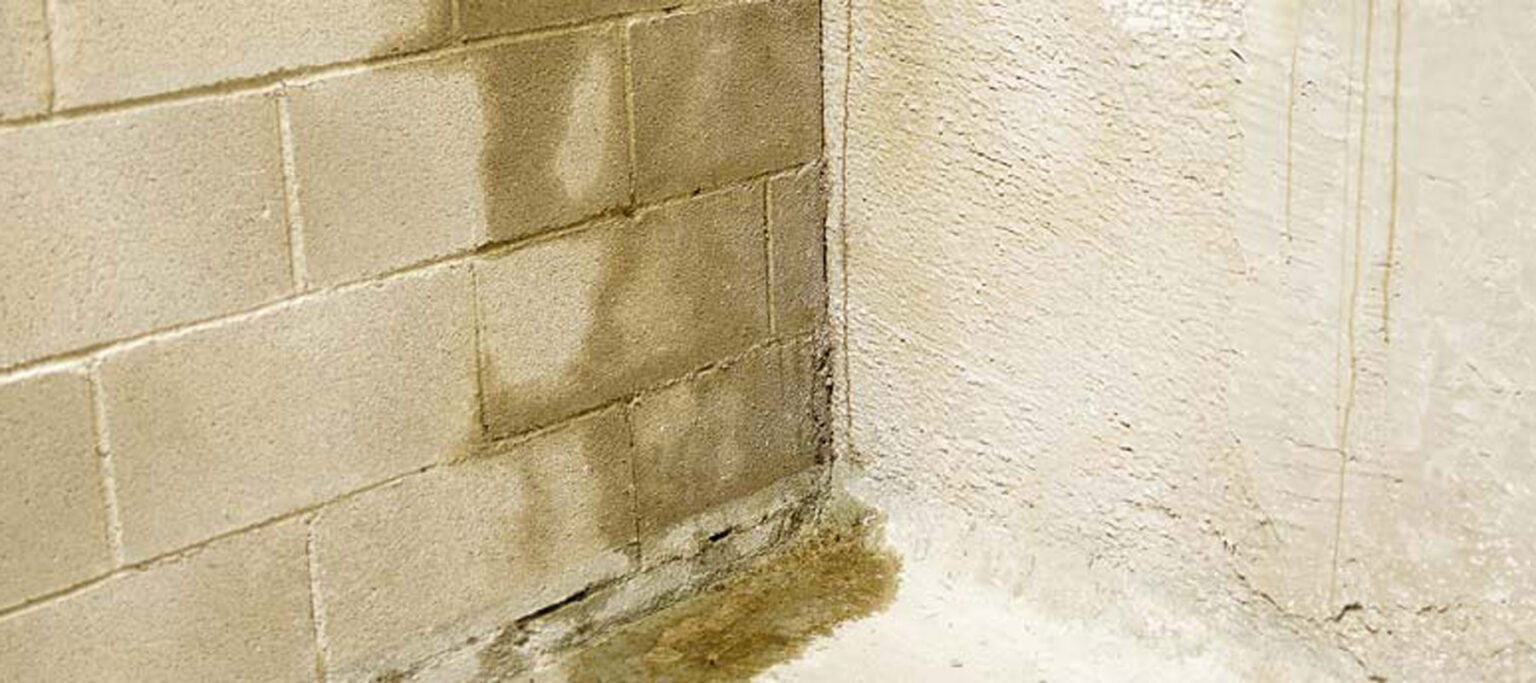


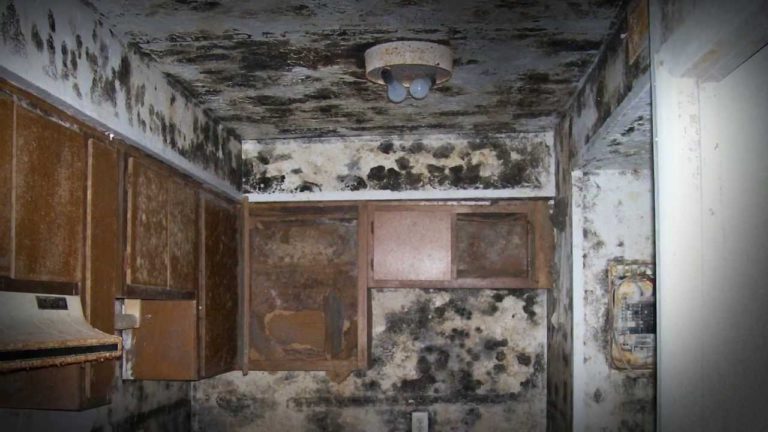
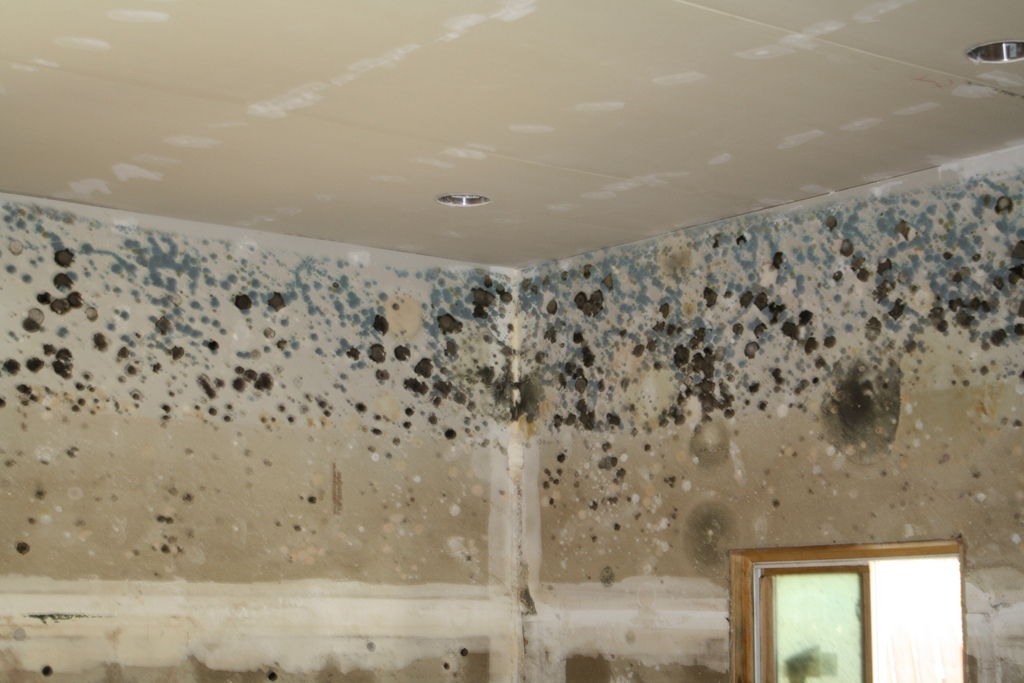
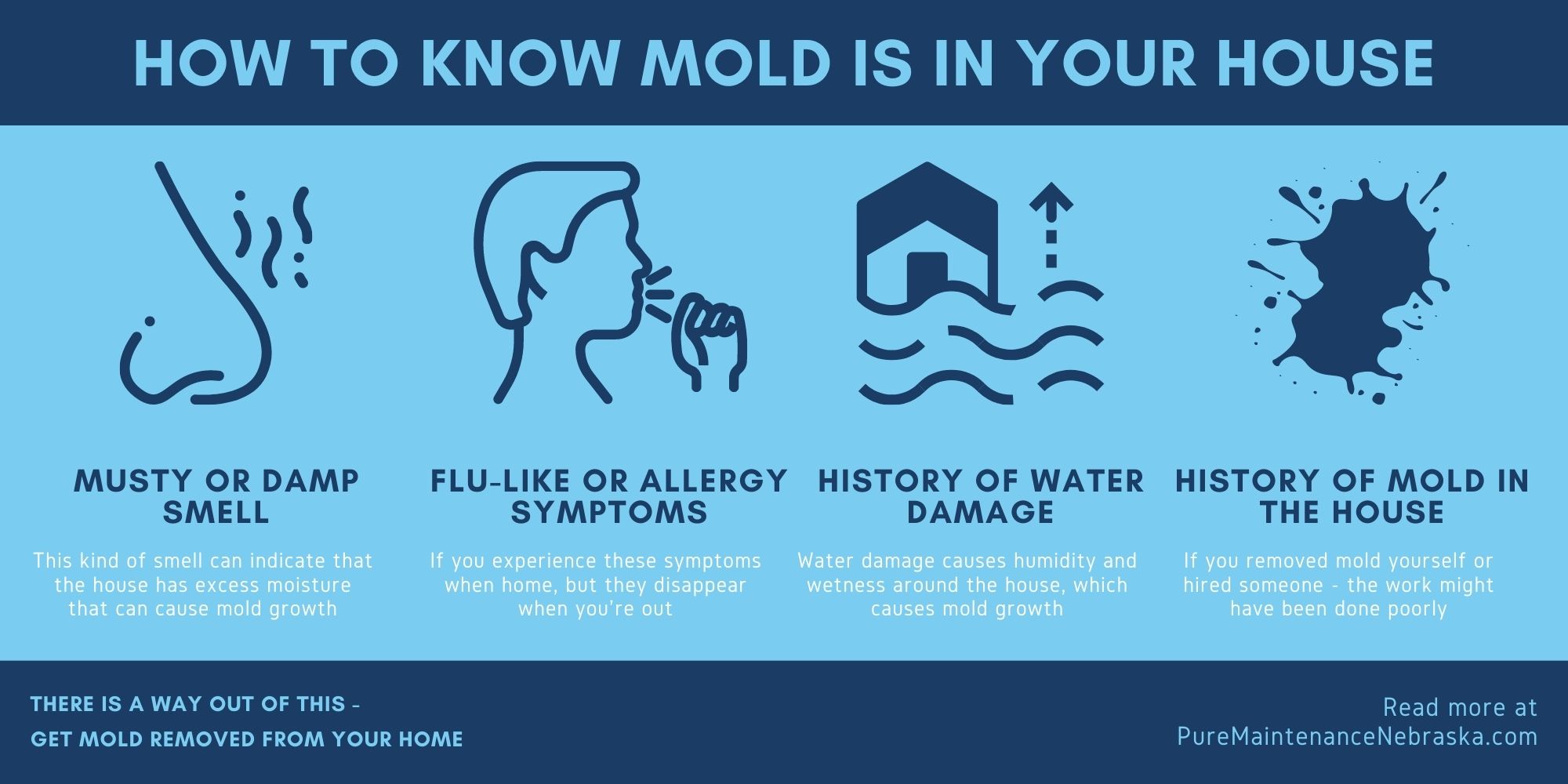



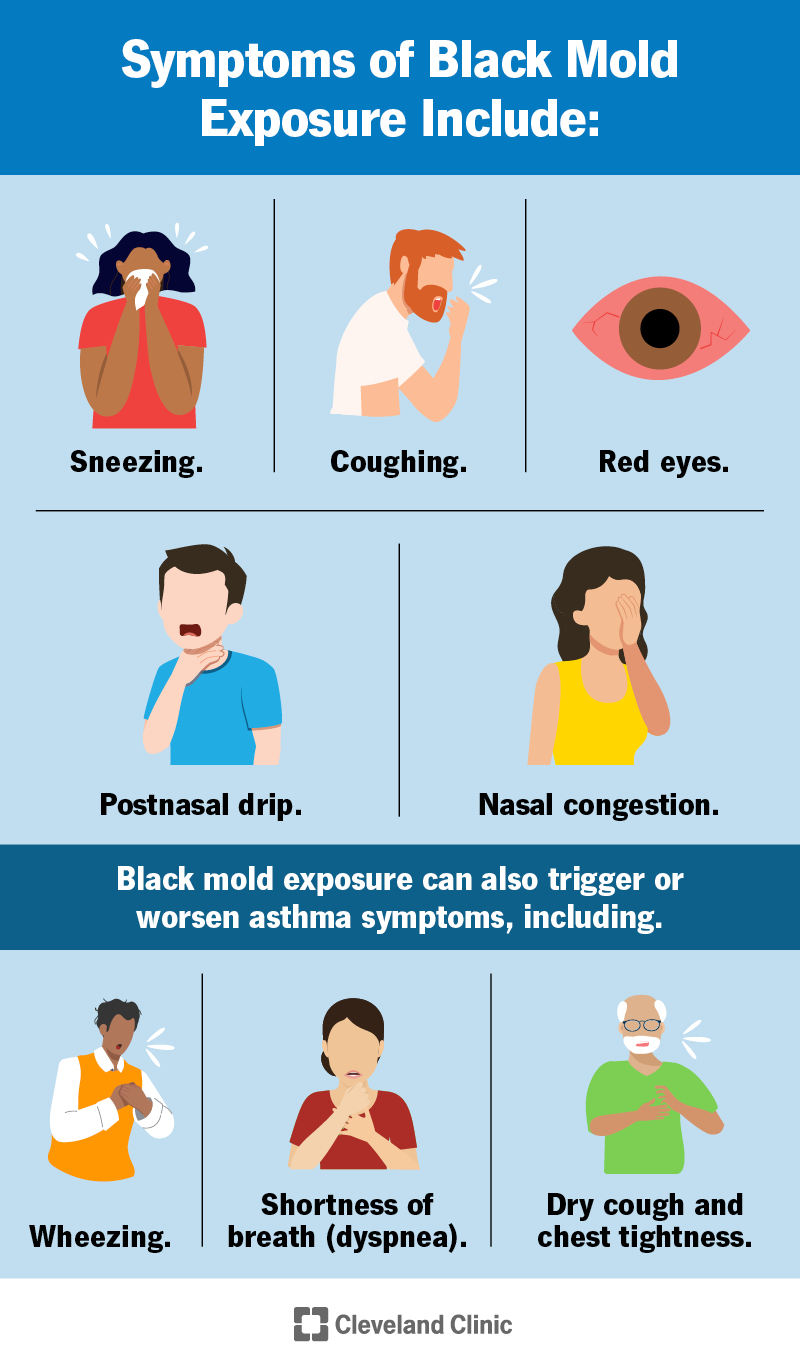















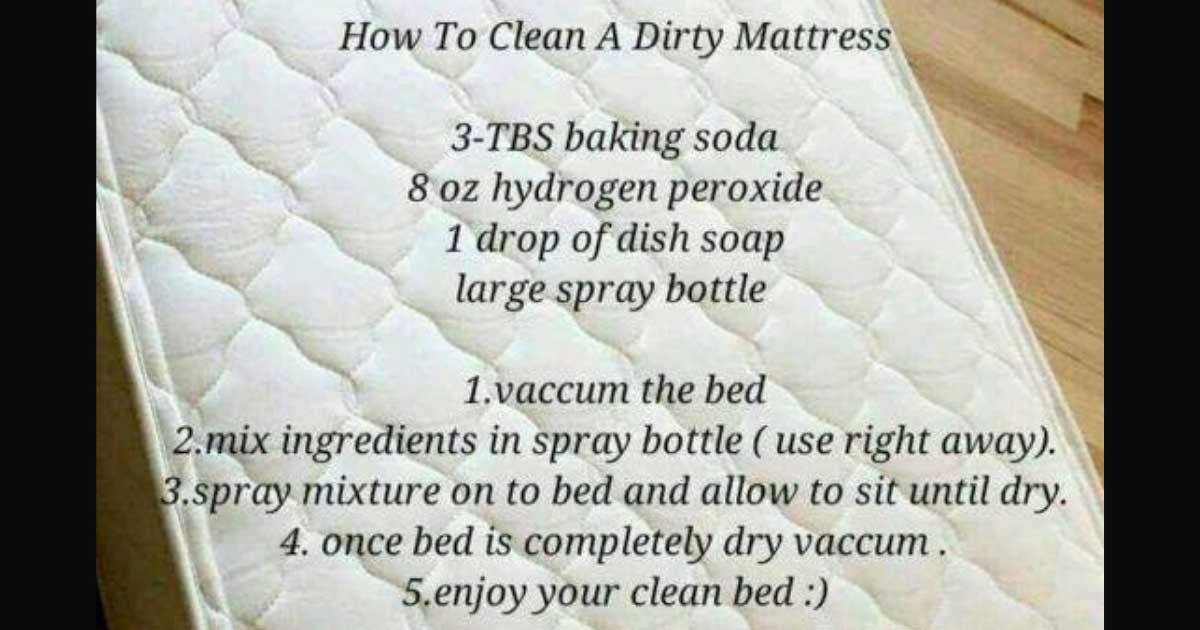


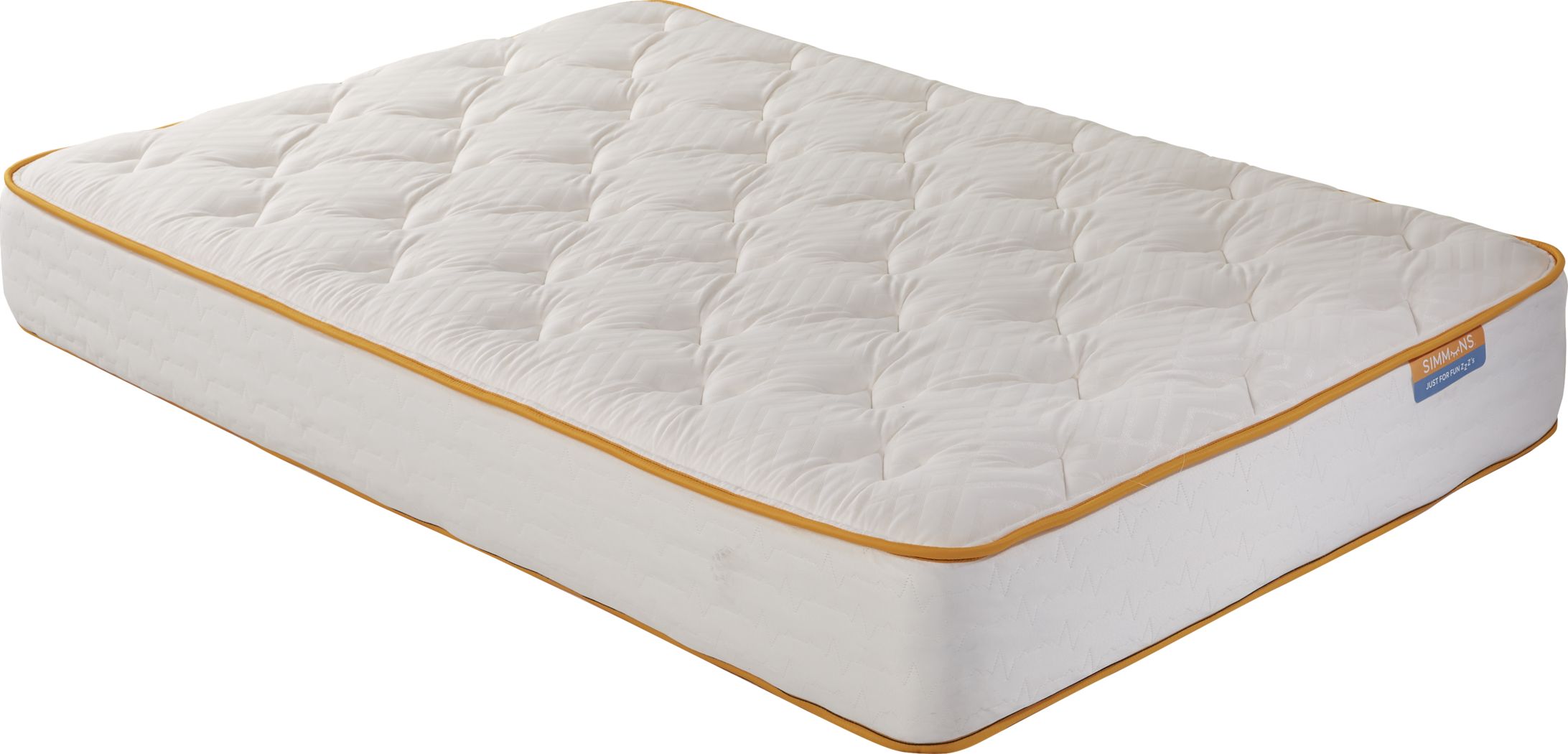

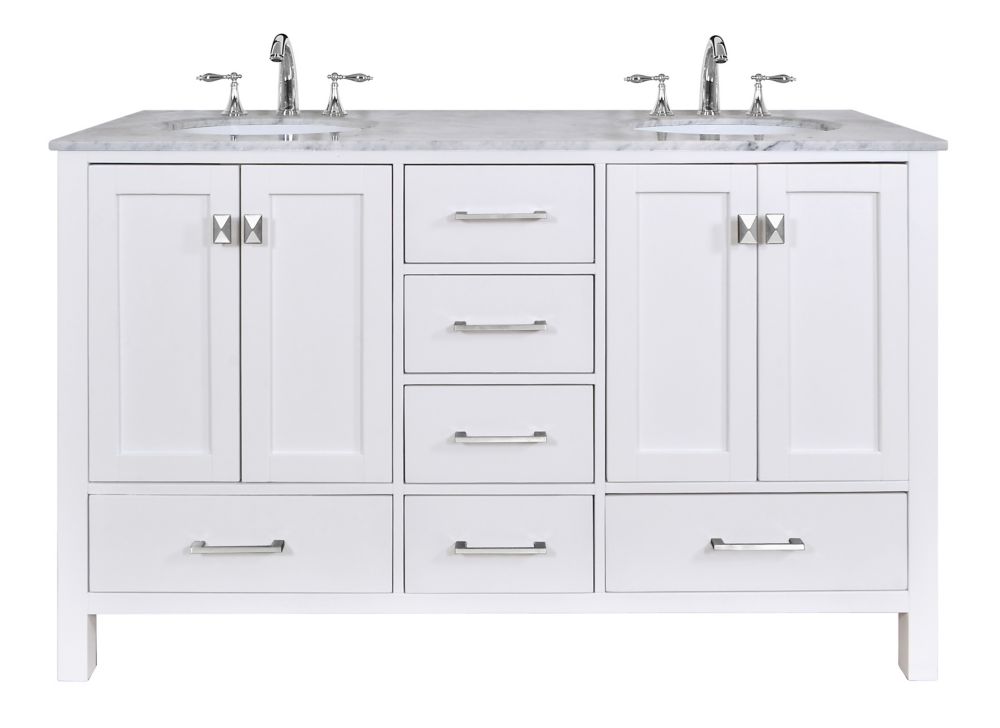

:max_bytes(150000):strip_icc()/dishwasherspacingillu_color8-dbd0b823e01646f3b995a779f669082d.jpg)
